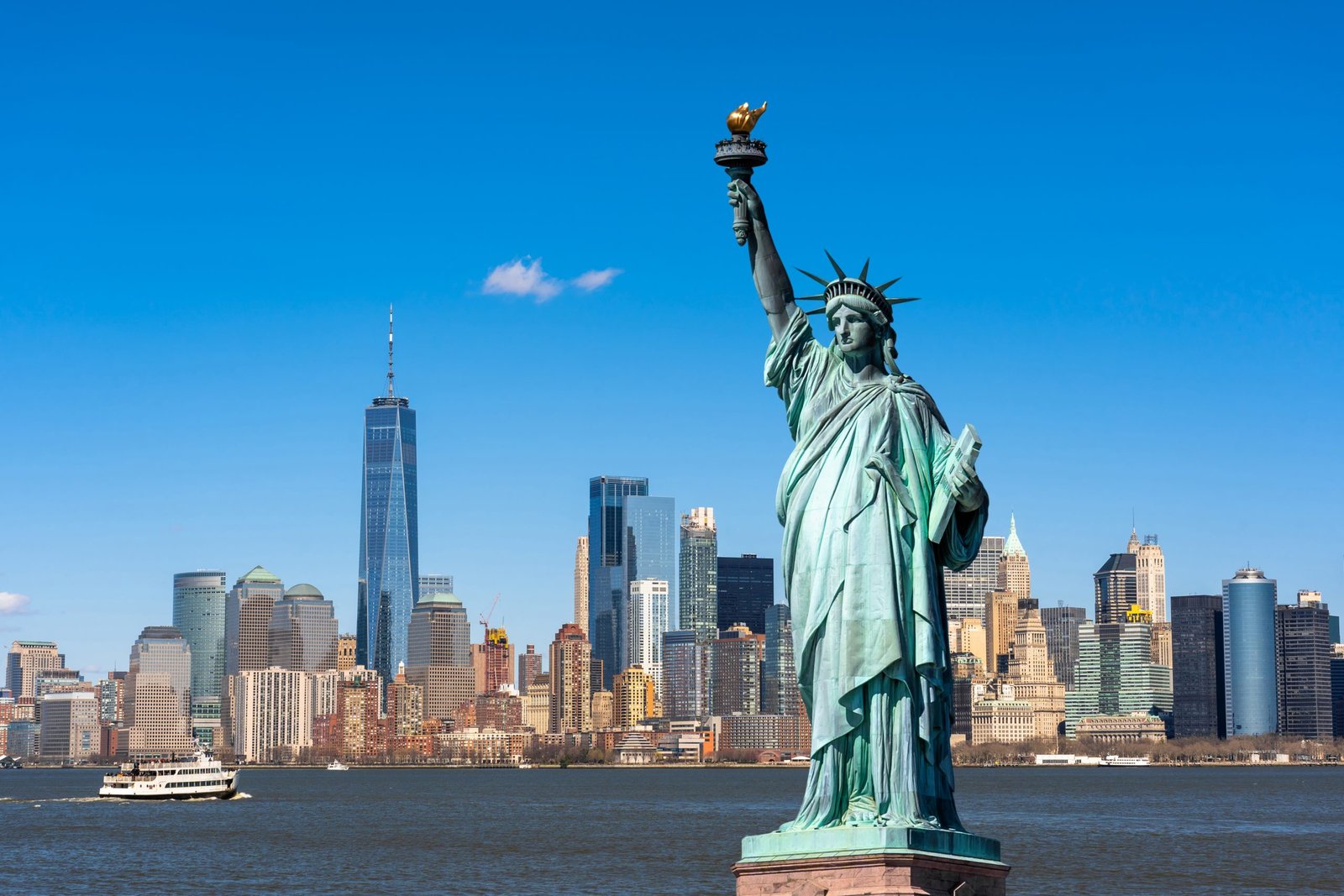White House Rejects France’s Astonishing Demand To Take Back The Statue Of Liberty!
In a fiery response to a demand from a French politician, the White House has made it clear: the Statue of Liberty will not be returned to France. The controversy erupted after Raphaël Glucksmann, a French member of the European Parliament, called for the statue’s return, stating that the U.S. no longer embodies the values it represents.
The Statement from the White House
During a televised press briefing on March 17, White House Press Secretary Karoline Leavitt responded to the controversial request with a firm “Absolutely not.” In her remarks, Leavitt reminded the French politician that it was the United States, alongside its allies, that played a significant role in preventing France from speaking German during World War II. “They should be grateful,” Leavitt emphasized, highlighting the historical alliance between the two nations.

The Controversial Demand
The demand for the statue’s return came from Glucksmann, who questioned the U.S.’s ability to uphold the values that the Statue of Liberty symbolizes. He expressed his opinion during a speech on March 16, suggesting that the statue might be “happier” in France due to the current state of affairs in America. This sparked an immediate response, as many found the notion of returning such an iconic monument absurd.
History of the Statue of Liberty
Gifted by France to the U.S. in 1886, the Statue of Liberty has long been a symbol of freedom and democracy. Standing tall in New York Harbor, it represents liberty, hope, and the end of slavery. Its crown, which radiates light like sun rays, and the broken chains at its feet serve as powerful reminders of the ideals both nations have fought for in the past.

The Legal Standpoint
While Glucksmann’s request has stirred controversy, it is important to note that the Statue of Liberty is the property of the U.S. government. Politico reports that, in reality, there is little France can do to enforce such a demand. The legal and logistical barriers are significant, making it unlikely that the statue would ever be returned.

Potential Diplomatic Fallout
The demand for the statue’s return could have diplomatic implications, especially in the context of U.S.-France relations. French President Emmanuel Macron’s visit to the White House earlier this year focused on discussions surrounding global conflicts, including the war in Ukraine. Such a bold statement from a French politician may only add fuel to the fire and complicate ongoing discussions between the two nations.
The Statue’s Legacy
Despite the controversy, the Statue of Liberty remains a global symbol of freedom and hope. Its place in American history is secured, and the White House’s refusal to return it demonstrates the enduring significance of the monument in both American and global identity. Whether or not France agrees with this stance, the statue will continue to stand tall in New York as a beacon of liberty.







